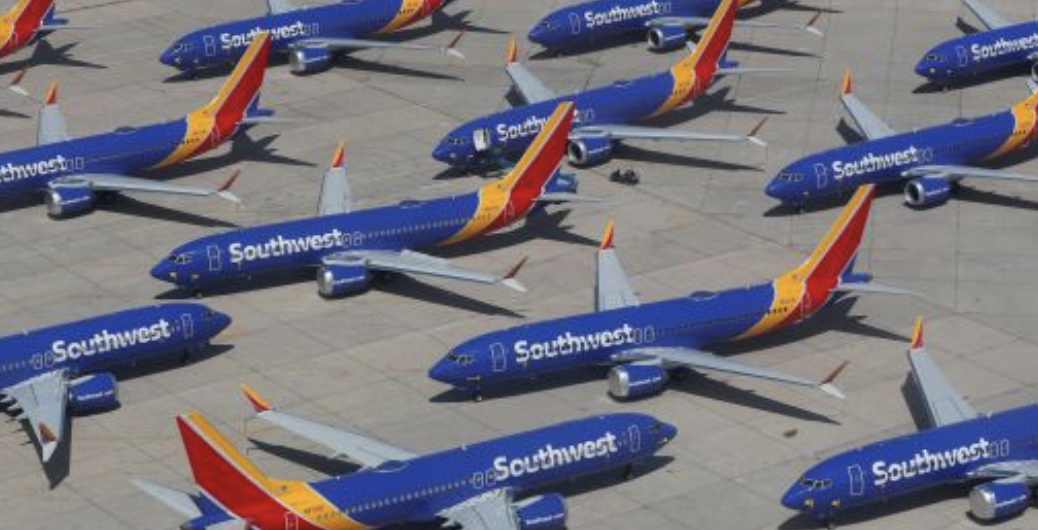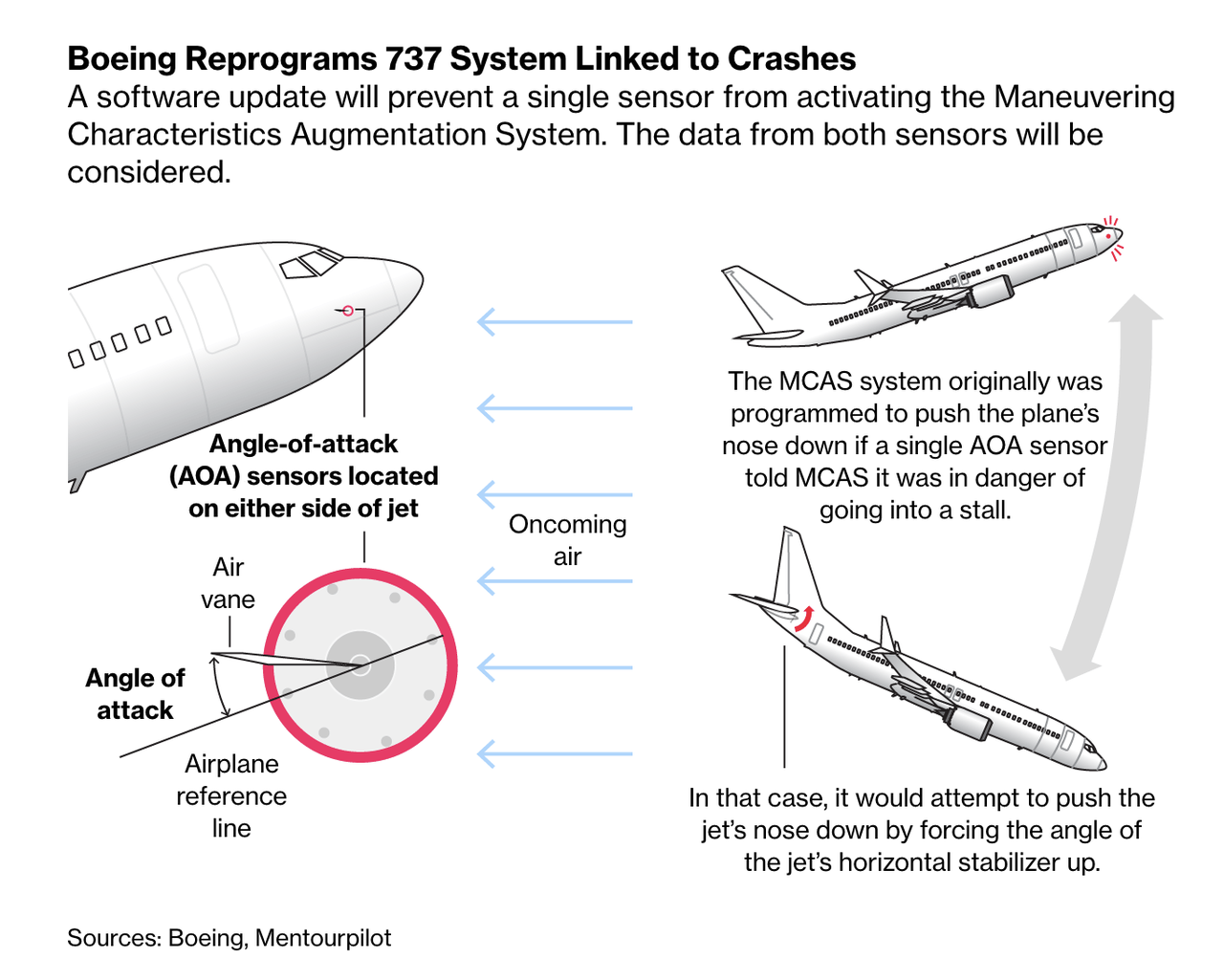Boeing’s day of reckoning has finally arrived.
Ethiopian Airlines is holding a media event Monday to share the preliminary findings of its investigation into what caused ET302 to plunge out of the sky and crash in a field outside Addis Ababa just minutes after takeoff, killing all 157 people on board. Leaked details from the investigation, and comments from the airline’s CEO, suggest that widely held suspicions appear to have been confirmed: Boeing’s MCAS anti-stall software, which was designed to stop the Boeing 737 MAX 8 from stalling during its post-takeoff ascent, had been accidentally triggered, forcing the plane’s nose to dip uncontrollably.
Since the March 10 crash, which triggered airlines and governments around the world to ground the planes pending the results of the investigation, details about what appear to be shortcuts taken by Boeing to win approval for the planes from the FAA have emerged. Boeing has been accused of “regulatory capture”, Boeing has submitted a revision of MCAS to the FAA, which is pending approval. The aerospace company had started redesigning the software after the Oct. 29 crash of a 737 owned by Indonesia’s Lion Air, which happened under similar circumstances to ET302, triggering speculation that they both might have been caused by MCAS. An investigation into the Lion Air crash appeared to show the software had malfunctioned.
Boeing is also suspected of not doing enough to familiarize pilots at non-US airlines with the workings of MCAS, specifically how to disable it if it should automatically trigger.
According to the latest round of leaks, investigators had determined that the software had accidentally activated, and were searching for a piece of equipment that might explain why. Data from the flight’s “black box” determined that the software had been pushing the plane’s nose down at the time of the crash.
Regardless of the preliminary findings, Boeing is facing the difficult task of convincing regulators and airlines around the world, who, in an unprecedented move, broke with the FAA and grounded the planes after the American regulator declared that they were “safe.” Boeing must also convince a wary public, which likely won’t grasp complex software updates.
Meanwhile, following the first multibillion-dollar order cancellation last month, Boeing is scrambling to convince airlines not to back out of their orders for the 737, Boeing’s “workhorse” jet that’s expected to be its best-selling plane yet.
via ZeroHedge News https://ift.tt/2Umoisb Tyler Durden

